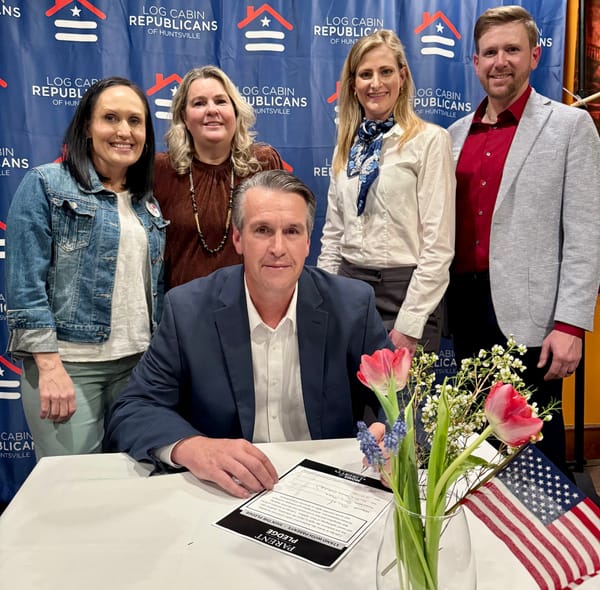Alabama Convenience Stores Sue Over New Vape Sales Restrictions
HB8 is being challenged as infringing on federal authority, specifically the FDA

The Petroleum & Convenience Marketers of Alabama (P&CMA) and affiliated retailers have initiated legal action against the State's newly enacted vaping law, House Bill 8 (HB8), which significantly limits the sale of flavored vape products in convenience stores. The law, set to take effect on June 1, restricts sales of most flavored e-cigarettes to specialty vape shops that enforce age restrictions at entry.
The P&CMA, alongside Young Oil Inc., filed a lawsuit in the U.S. District Court for the Middle District of Alabama, asserting that HB8 infringes upon federal authority by allowing the Alabama Alcoholic Beverage Control (ABC) Board to regulate e-cigarette sales—a domain they argue falls under the exclusive jurisdiction of the U.S. Food and Drug Administration (FDA). In a parallel move, P&CMA member Home Oil Company, Inc. lodged a similar complaint in the Circuit Court of Montgomery County, seeking to halt the law's enforcement.
Bart Fletcher, President of P&CMA spoke with ALPolitics.com today about the suit.
There are certainly provisions about HB8 that we don’t agree with,” Fletcher said. “Primarily, the most significant problem, in our opinion at this point, is that the bill was signed into law by the Governor approximately two weeks ago, and has an effective date of June 1. There's absolutely no way that the provisions of the bill can be implemented in a two week timeframe.“
According to Fletcher, his Association is seeking a restraining order against the enforcement of the bill to allow his members and the ABC Board to address licensing and compliance issues, as well as other issues in the final version of HB8 that was signed into law.
Industry representatives also contend that the legislation is based on misconceptions about convenience store practices and could drive consumers toward vape shops with less stringent age-verification protocols. Doug Kantor, General Counsel for the National Association of Convenience Stores (NACS), stated, "The convenience store compliance track record is far, far better at selling age-restricted products, and so they’re essentially undermining their own stated goals when they do something like this."
Supporters of HB8 argue that the law aims to curb youth access to flavored vaping products by limiting their availability to adult-only establishments. State Senator David Sessions (R-Grand Bay), who presented the bill in the Alabama Senate, emphasized the health risks associated with youth vaping, stating, "We have an epidemic going on in this state with our young people. They are getting sick."
The law permits convenience stores to sell only the 34 tobacco and menthol-flavored e-cigarette products currently approved by the FDA. All other flavored products, including those pending FDA review, must be sold exclusively in age-restricted vape shops. Additionally, HB8 bans vape sales through vending machines, increases penalties for sales to individuals under 21, and mandates that all vape products sold in Alabama be manufactured in the United States.
State Representative Barbara Drummond (D-Mobile), the original sponsor of the bill, told ALPolitics.com immediately after HB8 was passed that "The passage of this legislation is a giant step, safeguarding the health and welfare of Alabama children. Though it was changed in the Senate, the legislation means greater enforcement, greater penalties for violators and more importantly, cessation classes to educate students and parents on the detrimental effects and ingredients in vapes."
Anna Ready Blom, Strategic Advisor for Government Relations at NACS, expressed concern over the potential for similar legislation in other states, stating, "There’s always the fear that bad ideas can get momentum and the potential for other states to take it up."
A review of HB8 may be found HERE. The bill itself may be found HERE. More information about the lawsuit is HERE.
ALPolitics.com has reached out to several of the concerned parties for comment on the lawsuit.
This is a developing story




